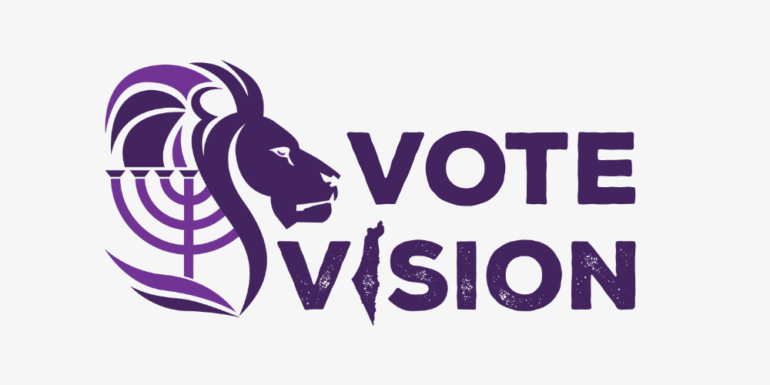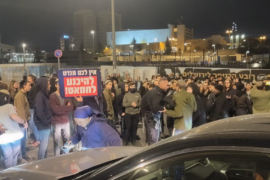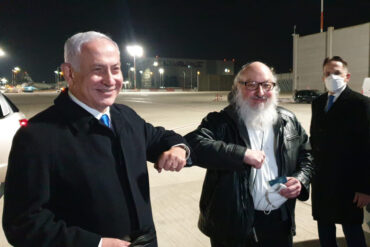We at the Vision movement want to expresses deep gratitude and appreciation to all our voters who brought us into the next World Zionist Congress through their readiness to support new ideas for advancing Jewish liberation beyond Zionism.
As a grassroots movement with no network of synagogues schools, or youth movements, we competed with much larger establishment organizations and institutions in a popular election – and we did so while promoting a fresh political message that challenged some of the fundamental beliefs held by pro-Israel Diaspora Jews (running an educational campaign is always difficult in an arena where most people vote for what they already support).
Many asked why the Vision movement, which often characterizes Zionism as outdated, would even participate in a Zionist election.
The answer is that we see the official Zionist organization, along with all of its departments and exorbitant budgets, as the organization best suited to identify and achieve the next goals of Jewish history. To say that the WZO has been lax in this regard would be an understatement. But we’re hopeful that this can change – especially given the gravity of our historic moment.
The American-led global order appears to be falling apart, Jews in the United States feel more vulnerable than ever before, and we’re living through a period of tumultuous change. Such moments of historic transition come with opportunities for great leaps forward but are also fraught with great dangers.
Under these circumstances, we at Vision see the WZO as responsible for not only protecting the Jewish people and defining our national interests (although this alone would be a major improvement) but to also move to exploit the current crises and instability to advance our revolution forward.
Our movement ran a clean ideological campaign that expressed a nuanced appreciation for what’s good and true in all the warring camps, focused the conversation on what the next objectives of Jewish liberation should be, and made clear our intension to transform the Zionist organization – with all of its budgets and departments – into a powerful tool for shaping our people’s future.
Practically speaking, we called to redirect the resources of the Zionist institutions towards:
1. Initiatives that clearly define our national interests and identify the next goals of Jewish liberation.
2. Initiatives that help the Jewish people catch up psychologically to the material achievements of the Zionist movement.
3. Not only strengthening our communities in Judea and Samaria but also rebuilding the communities of Gaza unjustly destroyed in 2005 (assuming the opportunity presents itself over the next five years).
4. Diaspora campus work that goes beyond “combatting anti-Semitism” (whatever that means) and works to train Jewish students to become thought leaders in defining and achieving the next goals of Jewish liberation.
Our candidates and activists demonstrated a deep understanding of Jewish identity/history & commitment to the territorial integrity of our homeland often only found on Israel’s right but also a sensitivity to Palestinian grievances and awareness for how oppressive systems operate generally found on the Diaspora left.
We presented a unique political ideology and a nationalist/universalist dialectic that has existed within Israel’s collective soul for thousands of years but has rarely enjoyed much electoral success (the Fighters party only earned one seat in the first Knesset).
The released results show 6,201 Jews voting to send our slate to the World Zionist Congress. That’s almost six times (!!!) the votes we received in the last (2020) election. It’s also worth mentioning that a grassroots movement like Vision, with no significant budget or organization, was able to earn nearly a thousand votes more than the generic hasbara industry slate (Kol Israel) and only a couple thousand votes less than the rightist ZOA Coalition. This demonstrates the extent of Vision’s influence on the Jewish discourse in the United States.
Most pro-Israel Jews in the US are most often involved with several different organizations. So when they participate in these elections, they often vote for the slate that they most closely identify with on a personal/ideological level. If over 6,200 US Jews are saying that Vision represents them more than any other option, we should conclude that there’s a strong thirst for fresh ideas and new conversations about how we can meaningfully participate in this chapter of our people’s story.
We hope that you’ll join us in building a vibrant movement on campuses and in communities. Subscribe to our magazine at VisionMag.org, become a partner in building our movement here and be sure to participate in our upcoming programs.
The real work begins now.





